Eating Exactly 7 Walnuts a Day Could “Turn Back the Clock” on Brain Aging, New Study Finds
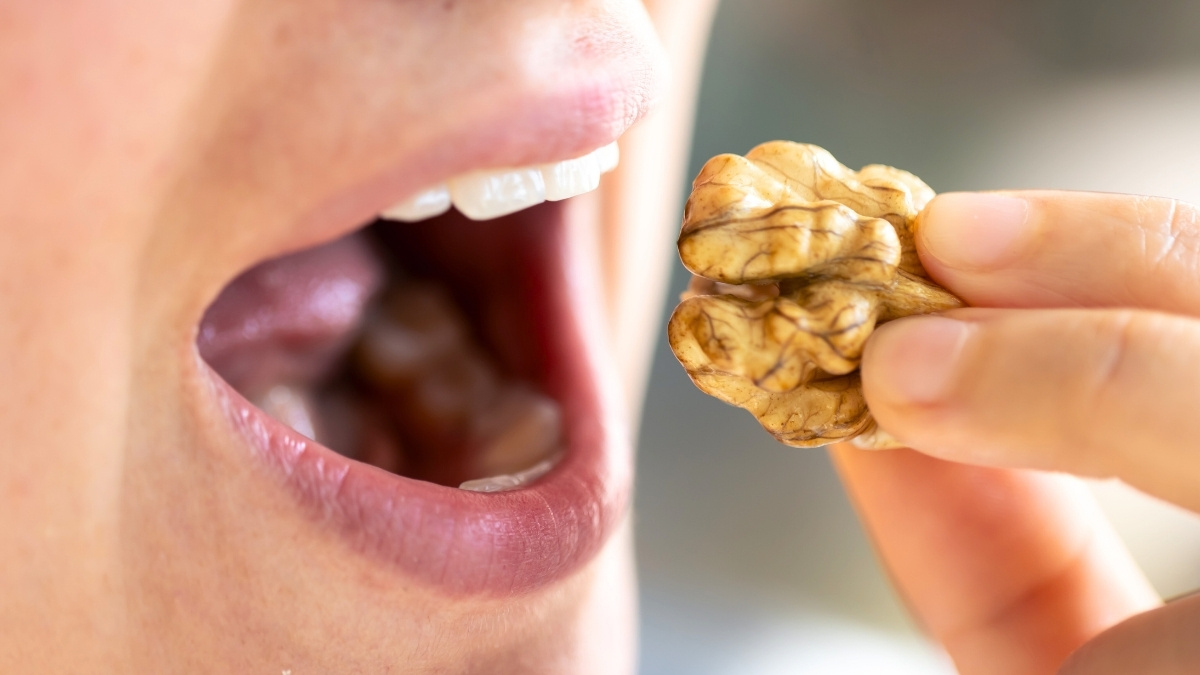
Your morning breakfast choice could be protecting your brain decades from now—and the latest research from 2025 suggests it might be simpler than you think.
Here’s the problem: By age 65, nearly 20% of adults experience some form of cognitive impairment. You’ve probably noticed it yourself—forgetting names, misplacing keys, or struggling to remember why you walked into a room. We can’t stop aging. But emerging research suggests specific dietary choices may slow brain aging measurably.
Walnuts keep showing up in brain health studies. The newest research from February 2025 found something interesting: eating walnuts at breakfast improved memory and reaction time within hours. That’s not decades from now—that’s the same day.

In this article, you’ll learn exactly what the 2025 research shows, how many walnuts actually make a difference (it’s a specific amount), and why walnuts specifically impact cognitive function better than other nuts. You’ll get practical ways to eat them daily without overthinking it.
We’ll also cover what the science doesn’t prove yet. Because omega-3 brain health research has limits, and it’s important you know what’s real versus what’s hype. The neuroprotective effects are promising, but walnuts aren’t magic pills.
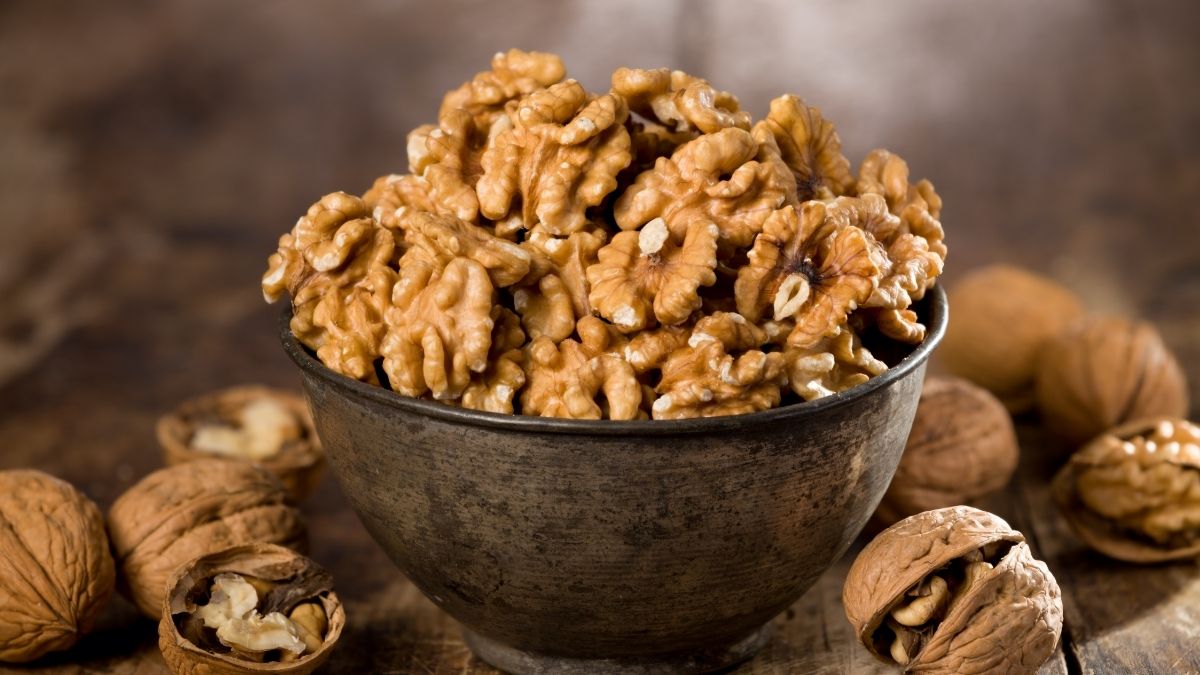
What the Latest Research Actually Shows
In February 2025, researchers at the University of Reading tested something simple: What happens when healthy young adults eat walnuts for breakfast?
They recruited 32 people aged 18-30 for a careful study. Each person ate breakfast twice—once with 50 grams of walnuts (about 14 walnut halves or a small handful), and once without. Neither the participants nor the researchers knew which breakfast was which until later.

The results showed clear patterns. People who ate the walnut breakfast responded faster on computer tests throughout the entire day. Even better, their memory improved as the day went on. By 6 hours after breakfast, they remembered information noticeably better than on days without walnuts.
Fifty grams sounds technical, but it’s roughly 1/3 cup of walnut halves. That’s what fits in a cupped palm.
But here’s what this study doesn’t prove: It doesn’t show walnuts prevent Alzheimer’s. It doesn’t prove long-term benefits. And it only tested young, healthy people—not older adults worried about memory loss.

The findings suggest walnuts affect brain function within hours, not just over years. That’s interesting because most brain health advice focuses on decades of healthy eating. This shows something might happen much faster.
The question now: Do these short-term improvements mean anything for aging brains?
The Science Behind Omega-3s and Brain Protection
Your brain cells need omega-3s the way a house needs strong building materials. These fats become part of your brain cell walls. When those walls are built with quality omega-3s, your cells work better.
Think of brain inflammation like a fire. A small, controlled burn clears debris and keeps things healthy. But a raging fire destroys everything. Omega-3s keep inflammation at the “controlled burn” level—active enough to repair damage, but calm enough to avoid destruction.

Here’s what the research shows: People with higher omega-3 levels in their blood have physically larger brains. Studies found more volume in the entorhinal cortex (your memory hub) and white matter (your brain’s wiring). Their memory and processing speed tests came back better too.
This matters most for people in their 40s and 50s. That’s when brain aging starts but isn’t obvious yet. Blood tests in healthy volunteers at these ages revealed something clear—more omega-3s meant better brain structure and function.
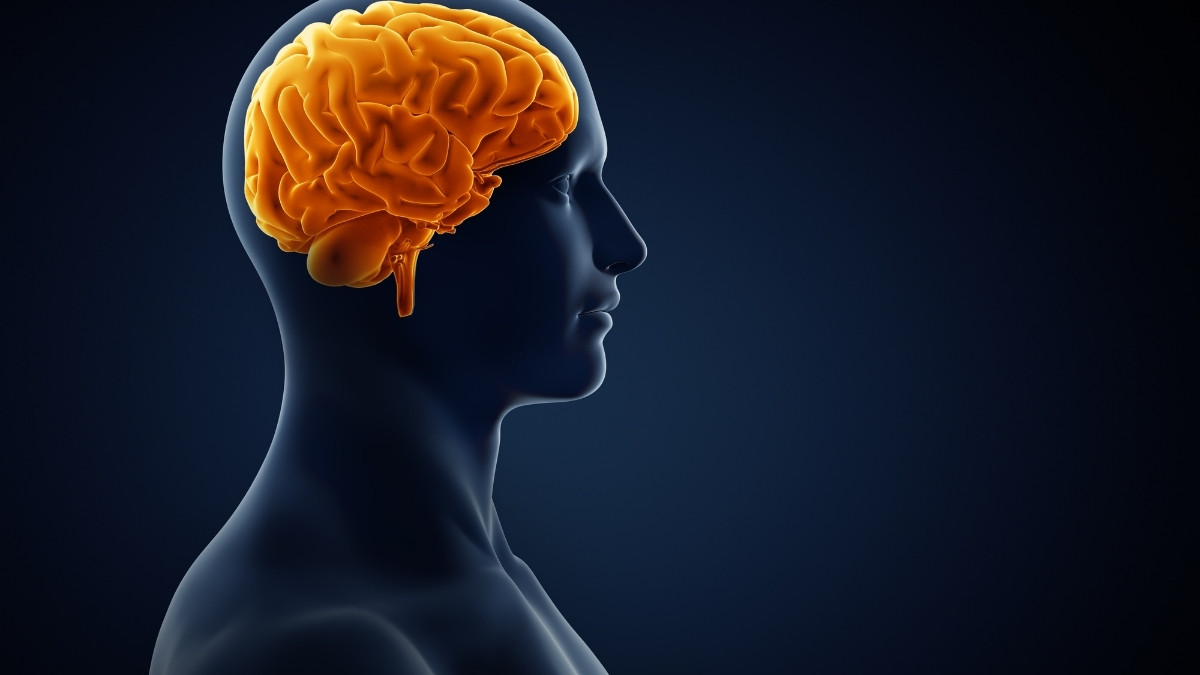
Omega-3s also protect against oxidative stress. Your brain uses tons of oxygen, which creates damaging byproducts like rust on metal. Omega-3s act like a protective coating that stops the rust from spreading.
They even help brain cells communicate faster by improving how neurotransmitters move between cells. Better communication means sharper thinking.
Long-Term Studies: What Happens Over Months and Years
The biggest test came from the WAHA study—708 older adults aged 63-79 ate walnuts daily for two full years. Researchers gave them 30-60 grams per day and tracked their brain function throughout.
The overall results? Disappointing. Healthy older adults showed no major cognitive improvements.

But then researchers looked closer at the data. In Barcelona, participants with less education and higher health risks showed real benefits. These were people with smoking histories, lower baseline cognitive scores, and other risk factors. For them, walnuts made a measurable difference.
A separate study using NHANES population data found something interesting. Adults eating just 10.3 grams daily (about 3 walnut halves) responded 16.4 milliseconds faster on reaction tests. That’s small but consistent across thousands of people.
Here’s the pattern: If your brain is already healthy and you have low risk factors, walnuts might not change much. But if you’re at higher risk for cognitive decline, the evidence looks more promising.

Think of it like exercise for someone already fit versus someone sedentary. The sedentary person sees bigger gains.
The dose matters too. Studies showing benefits used 30-60 grams daily—not a few walnuts here and there. Consistency over months and years appears crucial.
How Much Should You Actually Eat?
The research is clear: 30-60 grams daily shows benefits. That’s 10-20 walnut halves.
One serving equals 30 grams—exactly 10 whole walnuts or 20 halves. Picture a small handful that fits in your cupped palm. The FDA backs 1.5 ounces (42 grams) per day for heart and brain health.
Yes, walnuts have calories. An ounce contains 190 calories on paper. But your body only absorbs about 145 of those calories. The rest passes through undigested because of the tough cell walls.
Eat them at breakfast for best results. Studies showing cognitive improvements gave people walnuts in the morning. Effects appeared within hours and lasted all day.
Studies using 1-2 ounces daily (28-56 grams) consistently improved cognitive function. Less than that? The evidence gets weaker.
Start with 10 walnut halves at breakfast. Track how you feel for two weeks. That’s the research-backed minimum that might make a difference.
Practical Ways to Add Walnuts to Your Daily Routine
The easiest method? Add them to breakfast. That’s what worked in the studies.
Here are five simple breakfast ideas:
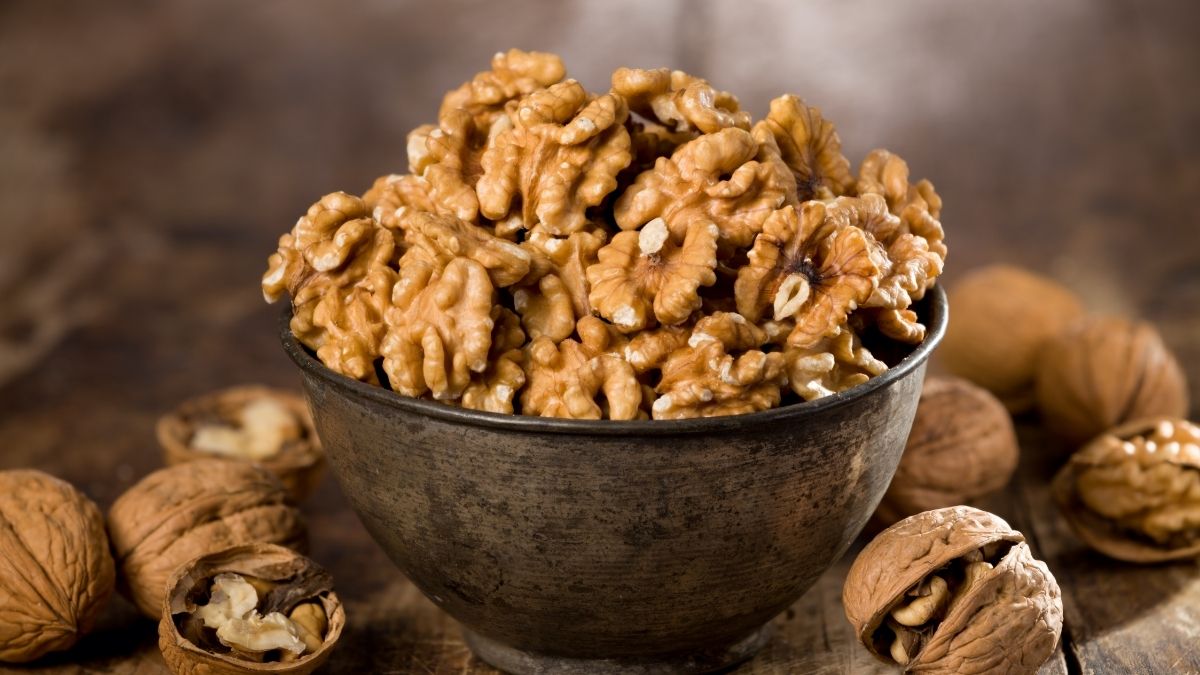
Greek yogurt bowl: Mix 10 walnut halves into plain Greek yogurt with berries and a drizzle of honey. Takes two minutes.
Overnight oats: Stir chopped walnuts into oats, milk, and cinnamon before bed. Grab it in the morning.
Smoothie boost: Blend 10 walnuts with banana, spinach, and almond milk. You won’t taste them but you’ll get the benefits.
Toast topper: Spread almond butter on whole grain toast, then press walnut pieces on top. Add sliced banana if you want.
Egg scramble: Chop walnuts and toss them into scrambled eggs with vegetables. Adds crunch and healthy fats.
For snacks, keep a small container of 10 walnut halves in your bag. Pre-portion them on Sunday for the whole week.

Storage matters. Walnuts go rancid fast at room temperature. Keep them in the fridge for three months or freezer for a year. They taste fine straight from the freezer.
Budget tip: Buy raw walnuts in bulk from warehouse stores. They’re half the price of small packages. Roasted tastes better but raw works fine and costs less.
Meal prep on Sunday: Portion 10 walnut halves into seven small containers or bags. One per day. No thinking required during busy mornings.
Important Considerations and Limitations
Walnuts aren’t magic pills. They’re one piece of a bigger puzzle.
The research shows benefits when walnuts are part of a Mediterranean-style diet—lots of vegetables, fish, olive oil, and whole grains. Eating walnuts while living on fast food probably won’t help much.
About 3.9 million Americans are allergic to tree nuts. If that’s you, walnuts are off the table. Try ground flaxseed (2 tablespoons daily), chia seeds, or hemp hearts instead. They provide similar omega-3s without the allergy risk.

When do results appear? The 2025 study showed effects within hours. But protecting against long-term cognitive decline takes years of consistent eating. Don’t expect memory improvements after one week.
Here’s the honest truth: Healthy older adults in studies saw almost no benefits. People at higher risk—smokers, those with less education, higher baseline cognitive issues—saw clearer improvements.
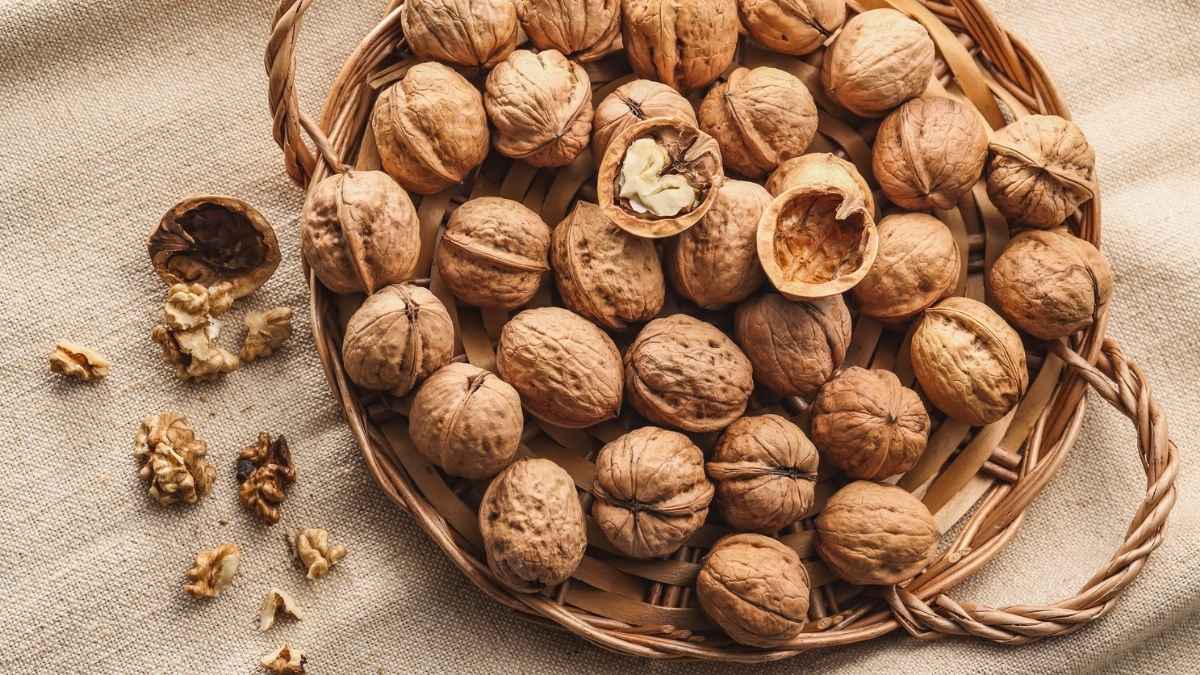
We still don’t know who responds best, what the ideal amount is long-term, or if starting at age 40 versus 60 makes a difference. The research has gaps.
Your results might differ from someone else’s. Genetics, overall diet, exercise, sleep, and stress all affect brain health too. Walnuts help, but they’re not the only factor that matters.
Lastly,
So can walnuts really slow brain aging? The 2025 research says yes—with some important context.
Studies show measurable benefits from eating 30-50 grams daily. That’s 10-14 walnut halves, not a vague “handful.” The effects appear fast—better memory and reaction time within hours of eating them at breakfast. Long-term studies over two years show promise for people at higher risk of cognitive decline.

The active ingredients are omega-3 ALA and polyphenols. These compounds reduce brain inflammation, protect cell membranes, and may preserve brain volume as you age. That’s why walnuts specifically help with cognitive function more than other nuts.
But here’s the reality check: Walnuts work best as part of a Mediterranean-style diet. They’re not a fix for poor overall nutrition. And if you’re already healthy with low risk factors, the benefits might be subtle.

The science on walnuts and brain aging is solid enough to act on. It’s not perfect, but it’s promising.
Start with adding 10 walnuts to your breakfast tomorrow. Track how you feel over the next month. Notice if your focus improves or memory feels sharper. Your future brain will thank you.
The omega-3 brain health research is clear: Small, consistent choices today shape how your brain ages tomorrow.






